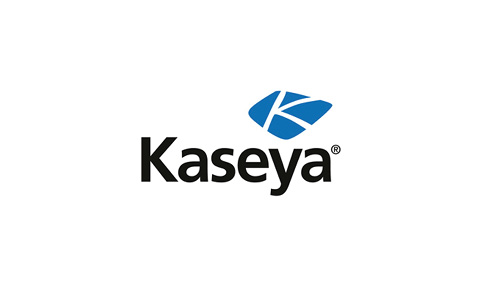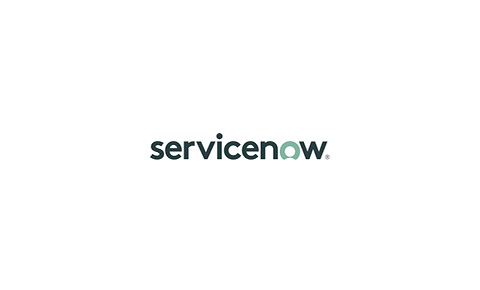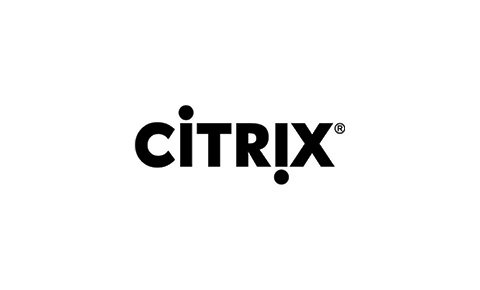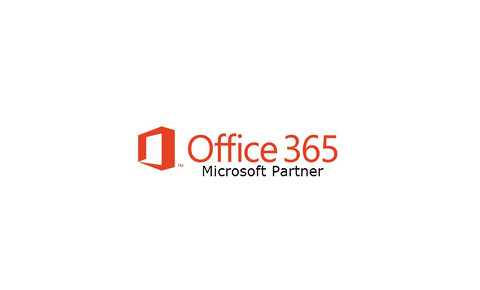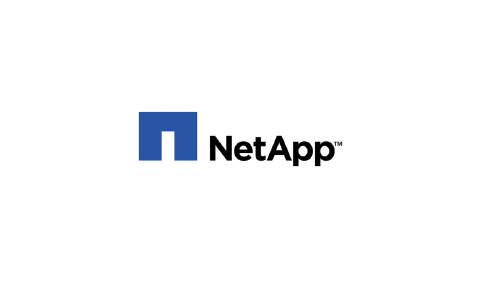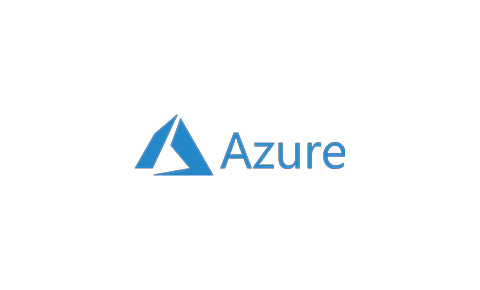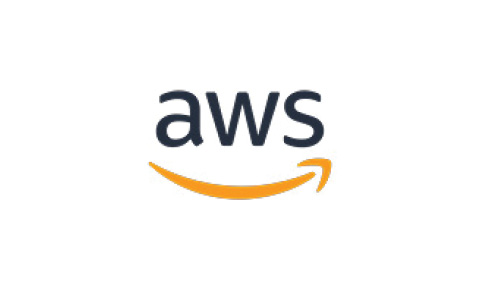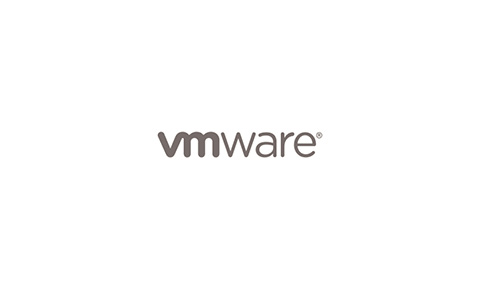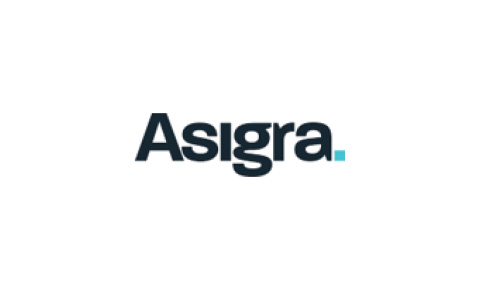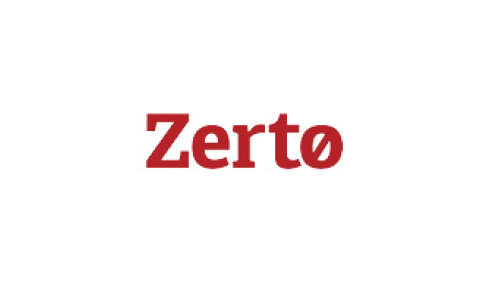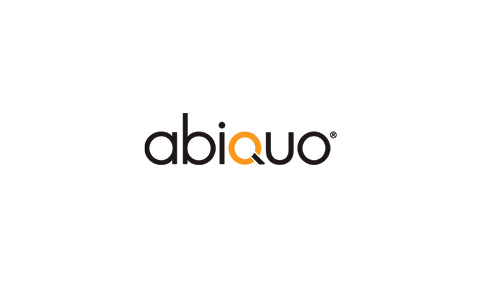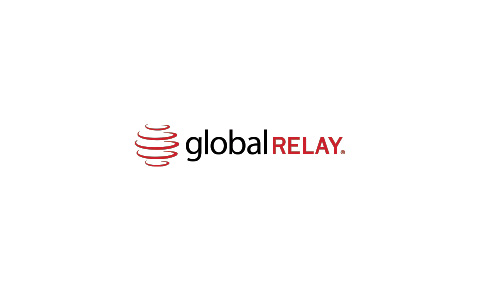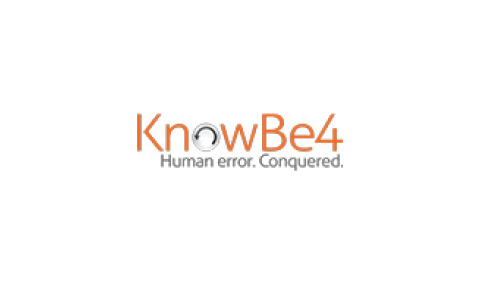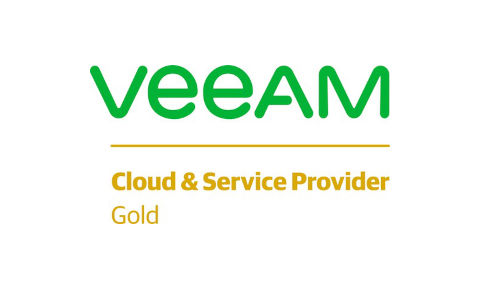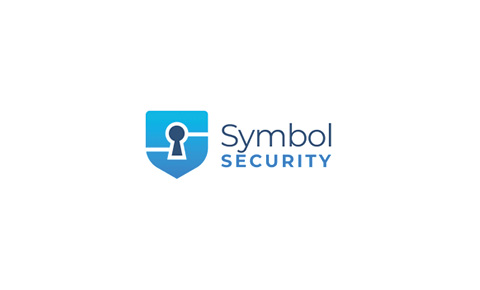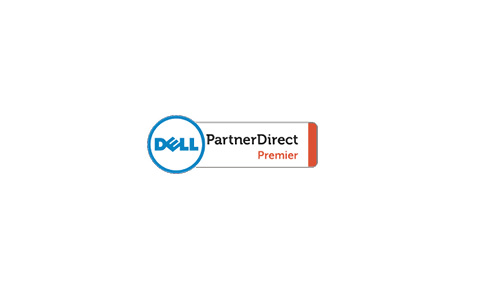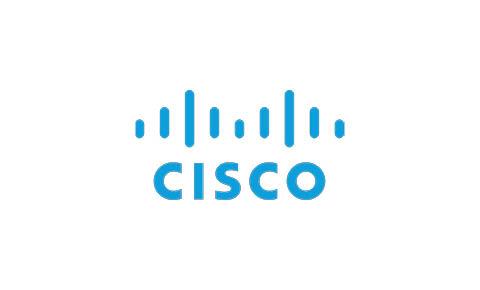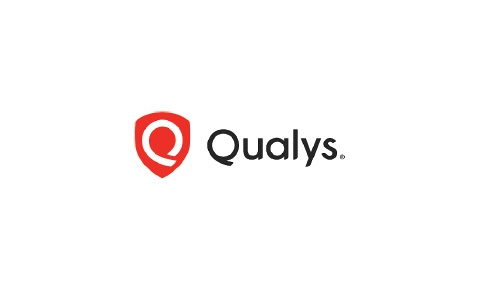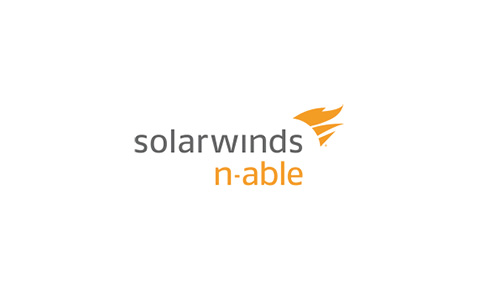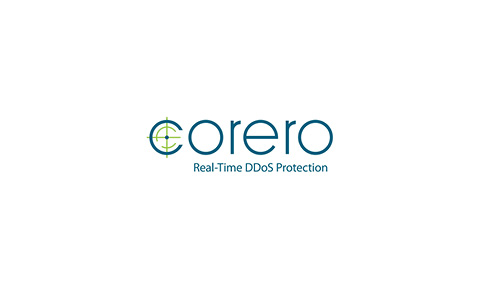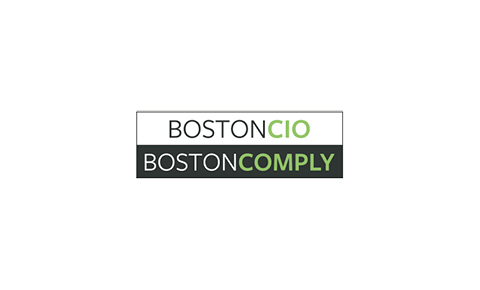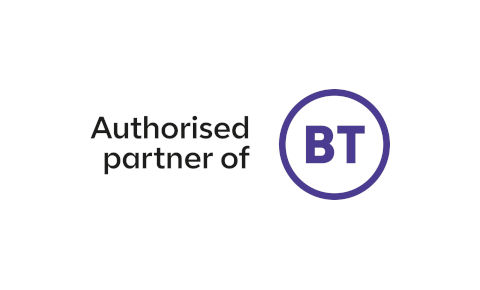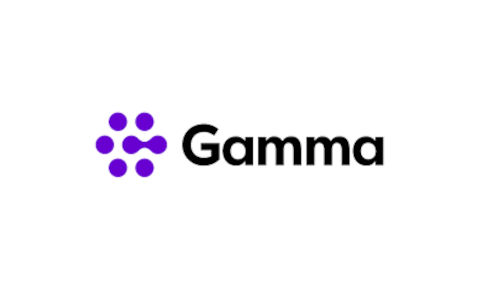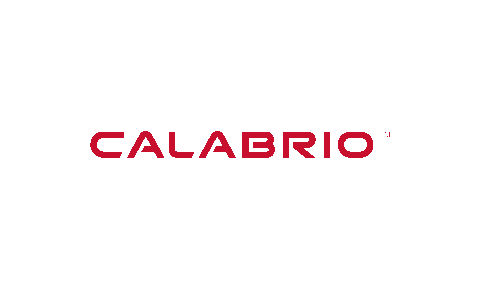Partner Programs
Channel Partners
Agents and Technology Consultants partner with Thrive to leverage our technical expertise coupled with our NextGen managed services. Thrive is considered a trusted advisor that partners rely on to offer their clients NextGen Technology Services.
Thrive is a channel-friendly company that focuses on delivering a comprehensive approach to managed services, with integrity and the highest level of technical competence. We take pride in working side by side with best-in-class channel partners in the U.S., England, and the world, and welcome you to join the team.
Alliance Partners
Thrive partners with leading technology vendors to architect and deliver enterprise-class solutions for our valued customers. All vendors go through a comprehensive testing program at Thrive to ensure that they combine the best attributes of their technology sector along with the cost efficiency and performance that our customers have come to expect.
Interested in Partnering with Thrive?
Contact us today to learn more about our partnership opportunities.




